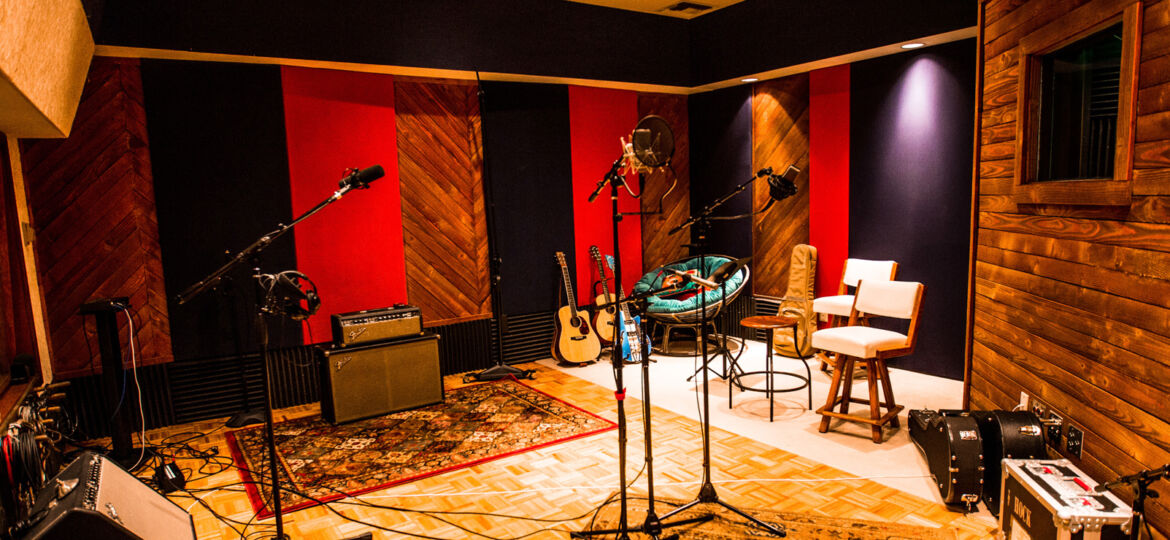
WHY THIS MATTERS IN BRIEF
Project Magenta will do for music what Google Deep dream does for images.
It’s a long way to Carnegie Hall, but we bet that Google researchers are already thinking of the day when their Artificial Intelligence protege “Magenta” can cut an album that beats Taylor Swift to the top of the US billboard charts.
Magenta, a new project from the Google Brain team is built around two simple questions: Can machines make art? And can machines make music? And, dare we say it, there’s also an unstated third question: Can machines make either art or music that’s any good?
We’ll let you judge the last one. Here’s the first piece of music from Google’s machine learning system. It’s only 90 seconds long, but it’s at least an early demonstration of Magenta’s capabilities.
“To start, Magenta is being developed by a small team of researchers from the Google Brain team. If you’re a researcher or a coder, you can check out our alpha-version code. Once we have a stable set of tools and models, we’ll invite external contributors to check in code to our GitHub. If you’re a musician or an artist (or aspire to be one – it’s easier than you might think!), we hope you’ll try using these tools to make some noise or images or videos… or whatever you like,” reads a blog post from Google.
“Our goal is to build a community where the right people are there to help out. If the Magenta tools don’t work for you, let us know. We encourage you to join our discussion list and shape how Magenta evolves. We’d love to know what you think of our work – as an artist, musician, researcher, coder, or just an aficionado. You can follow our progress and check out some of the music and art Magenta helps create right here on this blog. As we begin accepting code from community contributors, the blog will also be open to posts from these contributors, not just Google Brain team members.”
The Magenta project runs on top of Google’s open source AI engine, TensorFlow and while it might sound a little odd at first that Google is opening this not-so-simple source code for anyone to use, it’s part of the company’s hope that open sourcing its AI engine will allow the technology to grow far faster, and more widespread than if Google kept it under wraps.
“Research in this area is global and growing fast, but lacks standard tools. By sharing what we believe to be one of the best machine learning toolboxes in the world, we hope to create an open standard for exchanging research ideas and putting machine learning in products. Google engineers really do use TensorFlow in user-facing products and services, and our research group intends to share TensorFlow implementations along side many of our research publications,” Google writes.
As Billboard reports, Google’s Magenta built its first tune with just a four note prompt. Drum tracks were added afterwards to give the song a little more zest. And this, as the researchers note, is the trickiest part of Magenta: not making a song, but making a song that makes people want to listen to it.
“The design of models that learn to construct long narrative arcs is important not only for music and art generation, but also areas like language modelling, where it remains a challenge to carry meaning even across a long paragraph, much less whole stories. Attention models like the Show, Attend and Tell point to one promising direction, but this remains a very challenging task,” reads Google’s blog post.

















[…] being one of them, but, hot on the heels of Google’s first attempt to create an AI, named Magenta, that can make it in the billboard charts now, another AI, called DeepBach appears to have imitated […]
[…] company playing around with AI to create new music, Google have a musical AI called Magenta, that I wrote about a while ago. However, unlike Google though Sony have said that they plan on releasing the world’s […]
[…] Flow Machines, a project of Sony Computer Science Laboratories in Paris that receives funding from the European Research Council, is developing an AI program that can compose compelling, professional quality music, an aim that’s shared by similar ventures such as Jukedeck in the UK and Google’s Magenta project. […]
[…] pace of change is nothing short of stunning. As I’ve talked about for a decade now, talking about Google’s Project Magenta many many Moons ago for example, the view that Artificial Intelligence (AI) systems will never make […]